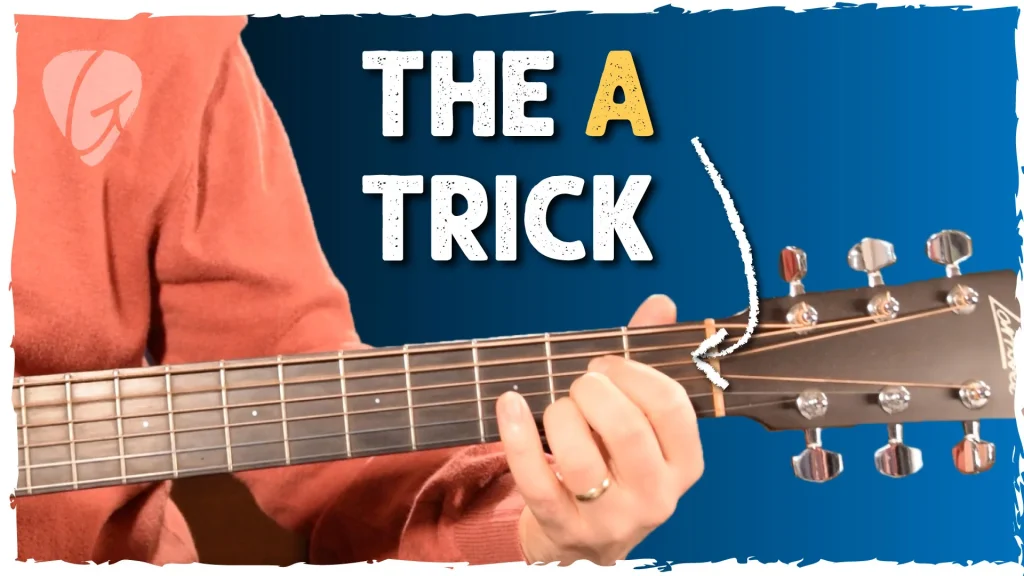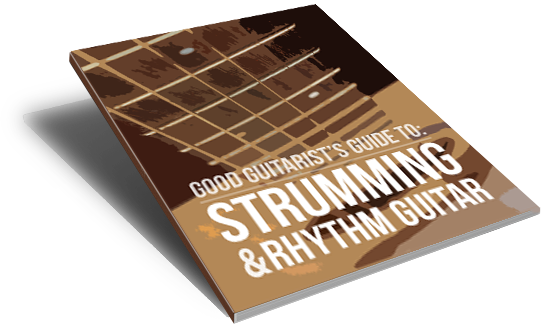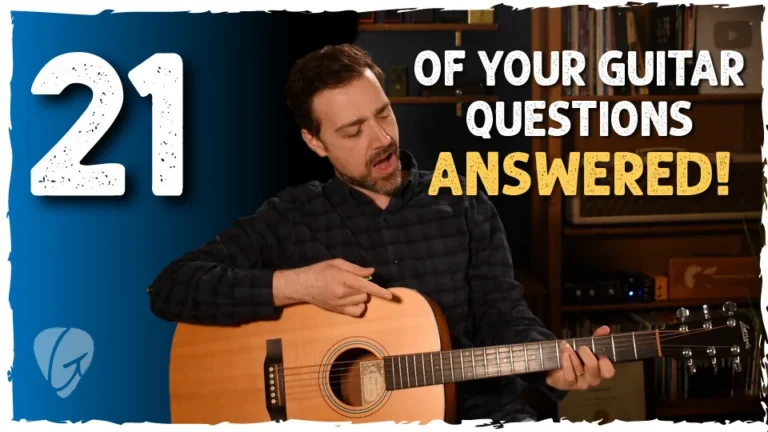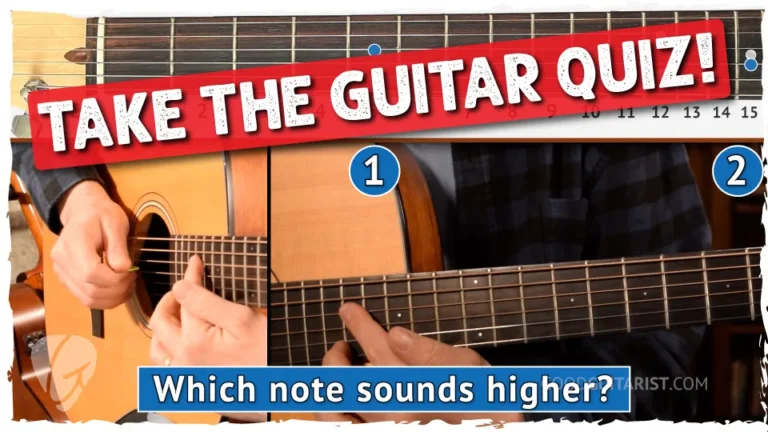The A Chord Trick: Simple Tweaks, Amazing Sound
Discover a simple A chord trick that opens up new sounds and creativity on guitar. Perfect for beginners and songwriters looking to level up with one easy chord move.
How to Transform a Plain A Chord Into Something Special
As a guitar player, I’m always on the lookout for cool ways to play chords – taking something simple, making a few tweaks, and turning it into something totally my own. Today, I want to show you a concept that can seriously upgrade your A major chord.
▶️ Watch the full video lesson above for a hands-on demo!
Why This A Chord Trick Matters
When we’re learning guitar, it’s easy to think everything is complicated. But most of what you hear in your favorite songs? It’s just a bunch of simple ideas, layered together. This is one of those ideas.
This trick isn’t just about playing a new chord—it’s about seeing how one shape can unlock a ton of new sounds.
Two Ways to Play the A Chord
There are two common ways to play A major on guitar:
- The Stacked-Finger Shape – Three fingers all crammed into one fret.
- The Single-Finger Barre – One finger covers the same notes, and it frees up the rest of your hand.
Let’s talk about how to make the most of both shapes.
Step 1: Use the Basic A Chord as a Launch Pad
Start with the traditional A chord. Now, without changing the shape, move it around the fretboard. Try landing on frets that sound good—F#, B, F are some great ones to try.
💡 Make sure to mute the thickest string if it doesn’t sound right!
Then, start experimenting with how you strum:
- Use a full strum at first, just to get the feel.
- Once it’s solid, start shrinking your motion.
- Aim for the higher strings and let your ear guide you.
Eventually, you’ll get comfortable enough to pick out specific notes. This creates little melodies within the chord – and that’s where things start to sound really musical.
Step 2: Switch to the Single-Finger A Chord
This is where the magic really kicks in.
With one finger pressing down the A chord, your other fingers are free to move around. You can:
- Add melody notes
- Reach up for new voicings
- Stretch with your pinky for more advanced sounds
It’s such a simple shape—but the musical payoff is huge.
Apply This Trick to Other Chords
This isn’t just an A chord thing.
Once you understand how to explore one chord shape like this, you can do it with any chord. G, D, C, E—just make a small change, move it around, and see what happens.
Music is all about finding little things like this and playing with them.
Ready to Go Deeper?
If you want to build real skills and unlock more tricks like this, check out my Premium Membership:
👉 Join here – it includes step-by-step courses, bonus lessons, full play-alongs, and more.
Have a fun time practicing and I’ll see you soon!
– James
All-Access Pass
Start your 10-day FREE trial
- Step-By-Step Courses
- Exclusive YouTube Bonuses
- Q&A with James






